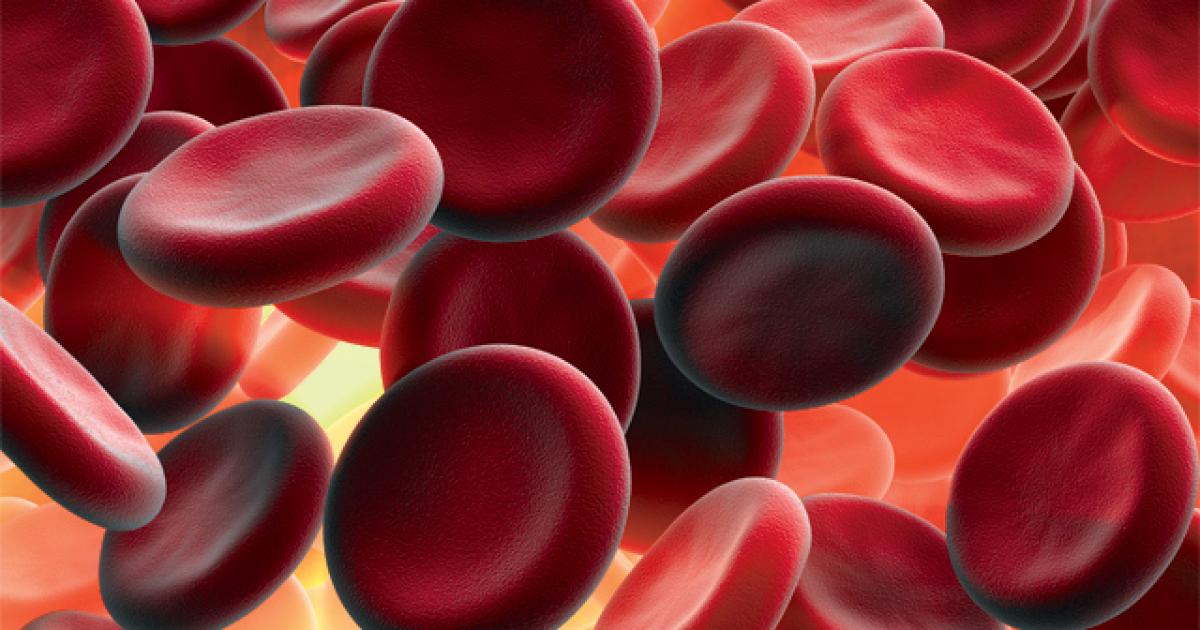Options For Treating Mesenteric Ischemia
Anticoagulation Or Antiplatelet Therapy

Mesenteric ischemia caused by a minor blood clot may be treated with anticoagulation or antiplatelet therapy. Anticoagulants and antiplatelet medications are specialized medications that use different mechanisms to break up existing blood clots and prevent the development of new blood clots. Anticoagulants work by producing a considerable delay in the natural process of blood clotting by acting on the clotting factors themselves. Antiplatelets inhibit the action of the enzymes responsible for the activation of platelets. When platelets are activated, they stick together and to the artery walls easily. Both of these medications are effective at helping break up existing blood clots and preventing new ones, but anticoagulants are generally stronger than antiplatelets. These medications can be given orally, intravenously, or through an injection. Depending on the underlying cause of the blood clotting that results in mesenteric ischemia, antiplatelet and anticoagulant therapy may be used independently of one another. These medications also may be used in a combined therapy.
Get more details on ways to treat mesenteric ischemia now.